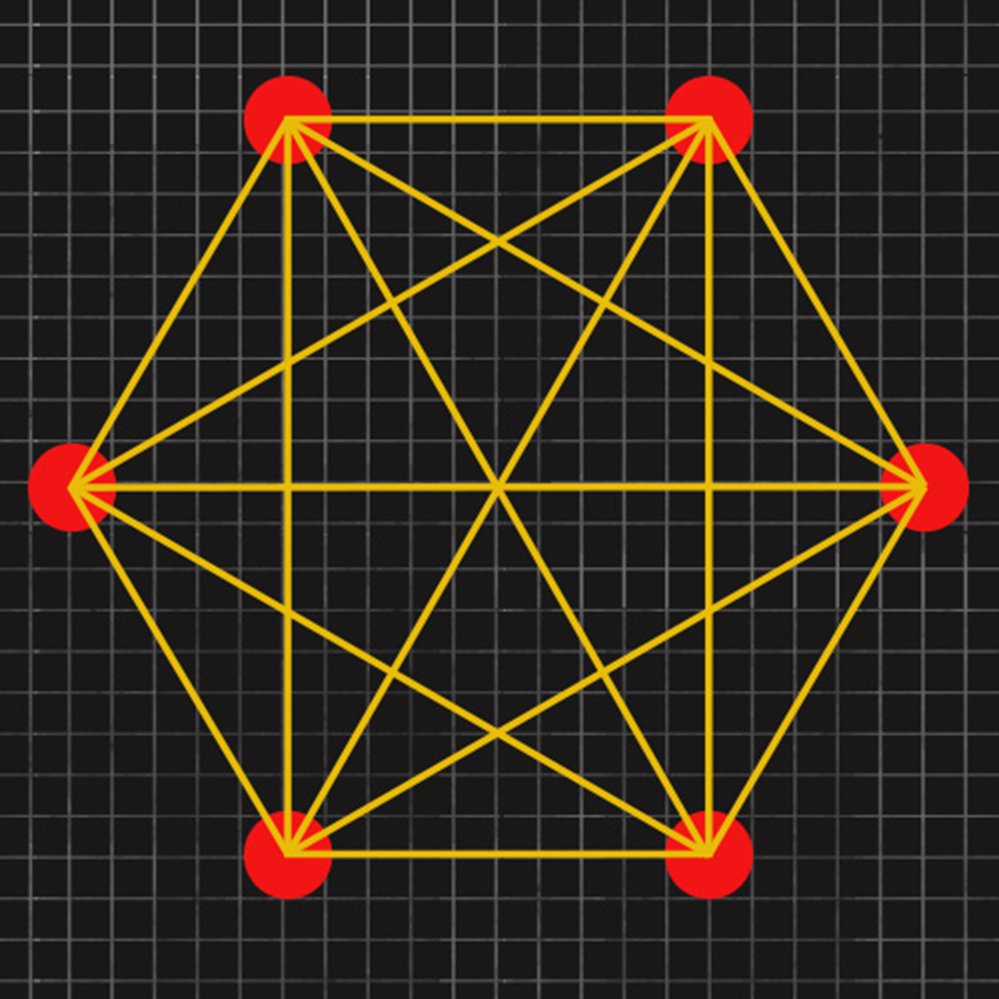In recent years, quantum computing has emerged as a transformative field of study with the potential to revolutionize computation as we know it. Traditionally, computers process information using bits, encoded as either 0s or 1s. Quantum computers, however, utilize qubits, which can exist in multiple states simultaneously due to the principles of superposition and entanglement. This fundamental difference raises a tantalizing question: will quantum computers ultimately be able to compute the impossible? This exploration dives into the promises and challenges of quantum computing, shedding light on its potential to alter our perception of computational limits.
To grasp the magnitude of what quantum computers might achieve, one must first understand the intrinsic limitations of classical computing. Classical computers struggle with problems that feature vast underlying complexities—such as factoring large integers, simulating quantum systems, or optimizing multi-variable functions. Such tasks, often deemed intractable for classical systems, might be navigated with grace and efficiency via quantum algorithms. A prime example here is Shor’s Algorithm, which demonstrates how quantum computers could factorize large numbers exponentially faster than the best-known classical methods. The implications for cryptography alone are staggering, as the very foundations of modern security depend on the difficulty of these tasks.
Moreover, quantum computing promises to reshape fields far beyond cryptography. In pharmaceuticals and materials science, researchers envision using quantum simulations to model molecular interactions on a hitherto unimaginable scale. The ability to predict chemical reactions and interactions precisely could accelerate drug discovery, reducing the time and cost associated with bringing new medications to market. Here, the notion of “impossible” becomes a matter of feasibility, as quantum computing may streamline processes that classically languish in inefficiency.
One might wonder about the current state of quantum computing technology. Although quantum processors have made remarkable leaps, they remain in a nascent phase, often described as a “Noisy Intermediate-Scale Quantum” (NISQ) era. This period is characterized by devices that possess enough qubits to perform certain calculations but are still susceptible to error and decoherence. As researchers vigorously pursue error correction techniques and enhancements in qubit fidelity, a question emerges: will a breakthrough occur in time to unlock the full potential of quantum computation before the field risks stagnation due to technological constraints?
As we contemplate the capabilities of quantum computing, a realm of philosophical inquiry unfolds: the nature of impossibility itself. Can something previously deemed infeasible be recontextualized as possible through the lens of quantum mechanics? For instance, certain algorithms in machine learning may require sampling from probability distributions—an exercise that could become exceedingly efficient via quantum sampling techniques. In this light, the ability to compute the “impossible” is not merely a drastic leap but a gradual shift in perspective. The barriers once considered insurmountable might simply require a novel approach.
Crucially, though, the road to harnessing quantum computation is fraught with technological and conceptual hurdles. Quantum supremacy—a benchmark that defines the point at which quantum computers can solve problems unattainable by classical means—has been claimed, but its practical implications remain contentious. Critics argue that the problems solved so far hold little relevance to real-world applications. As researchers aim for broader applicability and reliability, an essential question persists: are we closer to realizing a true paradigm shift in computation, or will quantum computing remain relegated to academic curiosity?
Nonetheless, as we probe deeper into the potentialities of quantum computation, ethical and societal implications arise. The prospect of achieving computational feats that could manipulate vast amounts of data raises concerns about privacy, security, and the potential for misuse. How do we ensure this powerful technology is harnessed ethically? Ensuring responsible development and deployment of quantum technologies is paramount, as the ability to compute the impossible could exacerbate existing inequalities or create new forms of exploitation.
Moreover, educational institutions are faced with the challenge of equipping the next generation with the necessary tools to navigate and innovate within a quantum computing landscape. Skills in quantum mechanics, linear algebra, and advanced algorithms will be indispensable. As interdisciplinary collaboration flourishes between physicists, computer scientists, and ethicists, future commercial applications will likely reflect a nuanced understanding of both technological capabilities and moral responsibilities.
In conclusion, the journey to ascertain whether quantum computers can indeed compute the impossible is just beginning. We are on the precipice of a transformed computational landscape, one that challenges our definitions of feasibility and unlocks previously unattainable solutions. As technological advancements surge forward, the harmonization of ambition, ethics, and intellectual inquiry will be crucial in determining whether quantum computing becomes a cornerstone of our future or simply an academic footnote. The intrigue surrounding this field piques our curiosity and compels us to imagine the vast tapestry of possibilities that quantum computation could weave into the fabric of human knowledge and progress.












